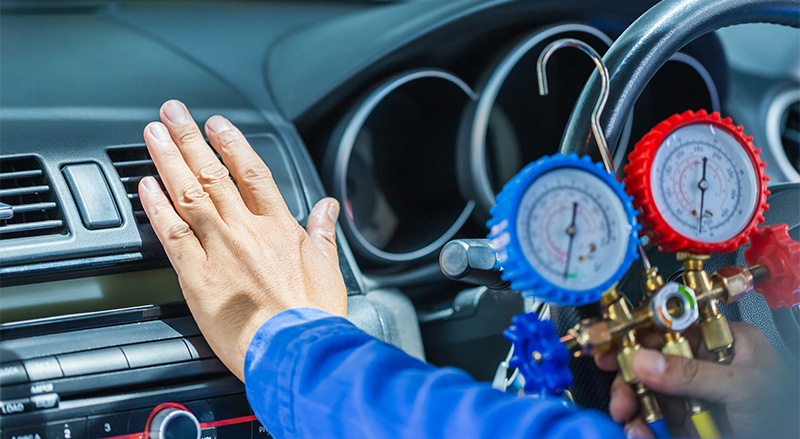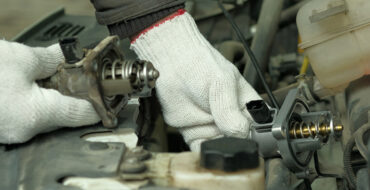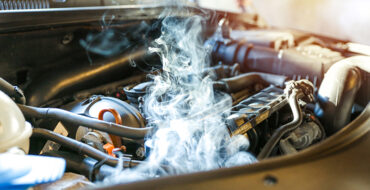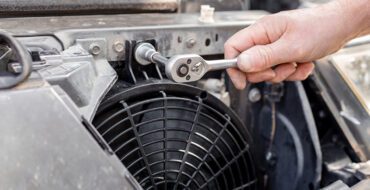Have you ever wondered which of your car’s features uses up the most fuel? Let’s go over car air conditioning gas usage, some common A/C problems, how to maintain your A/C system, and some tips for improving your vehicle’s fuel efficiency.
Does a Car’s Air Conditioning Use Gas?

Does A/C Use Gas?
Yes, the air conditioning (A/C) system in your vehicle uses up gas. Specifically, A/C can increase fuel consumption by up to 20% , which is more than any other auxiliary feature in your car. The exact percentage can vary depending on things like the vehicle’s size and the temperature outside.
The A/C system in your car takes energy from the alternator, which is powered by the engine, to circulate refrigerant through the compressor. Since the engine runs on fuel, you’re using up gas when you turn on your A/C.
By comparison, your car’s heating system has little to no impact on gas usage. Although it requires gas to run (it relies on the engine, which needs gas), it doesn’t affect fuel efficiency. This is because the engine generates enough energy to power the heating system when it’s running, so extra fuel isn’t needed.
A good approach to conserving gas when using the A/C is to turn it on when driving on the highway but to open your windows instead when driving at city speeds or in stop-and-go traffic. (Of course, do what’s most comfortable: we wouldn’t want you opening your windows if that might cause you to melt!)
Common A/C Problems
Common A/C problems that can keep you from staying cool in your car include:
- A refrigerant leak
- A defective cooling fan, radiator, or condenser
- A clogged cabin air filter
Certain symptoms will indicate that your car’s A/C unit isn’t working properly. Here are a few examples:
- Visible leaks or wet spots around the A/C component
- Clunking noises
- A strange smell
- Hot air coming out of the vents that doesn’t cool down
- Circuit breaker tripping
Some issues, like a clogged cabin air filter, can be fixed easily from home. In other cases, you’ll need to have your car assessed by an expert to see if it needs any repairs. A professional at a NAPA AUTOPRO service centre can help you with this.
How to Maintain Your A/C
These maintenance tips will help keep your A/C unit in good condition so that you can avoid expensive repairs:
- Run your A/C once a week for 10 minutes on the coolest defrost setting with the fan at maximum
- Change your cabin air filter once a year. If the filter is too old or dirty, it’ll constrict the airflow in your vehicle. Follow this guide to change your cabin air filter.
- Your car’s A/C reaches maximum efficiency when the vehicle is in motion. This means you don’t need to pre-cool your car. If it’s really hot, put the fan on high when you start driving and open the backseat windows for 10 to 20 seconds to force the hot air out.
- Dirt and debris can affect your car’s A/C system, so it’s a good idea to clean, dust, and vacuum your car You can find a guide on how to fully detail your car interior on our blog.
How to Improve Your Fuel Efficiency
Certain driving habits can improve your fuel efficiency even if you need to use the A/C. Try these tips to save on gas:
- Maintain a steady speed and coast to decelerate.
- Plan your route to avoid peak traffic.
- Avoid idling.
- Check your tire pressure every month.
- Don’t drive with unnecessary weight in the car or overload your vehicle.
If you have any questions about car air conditioning or improving your vehicle’s fuel efficiency, visit your local NAPA Auto Parts store to speak with an expert.





